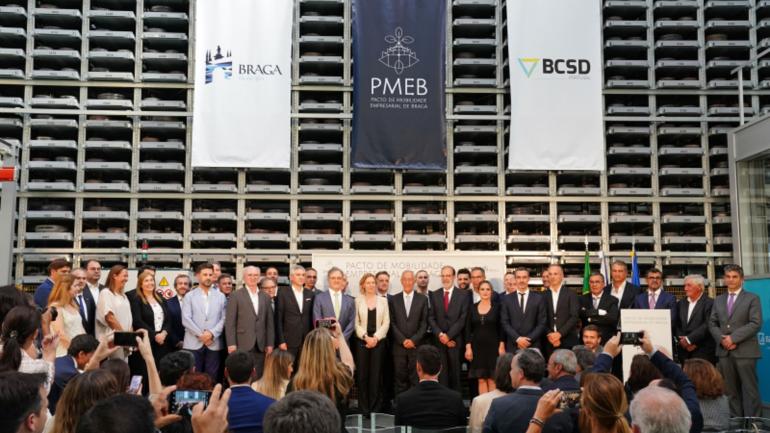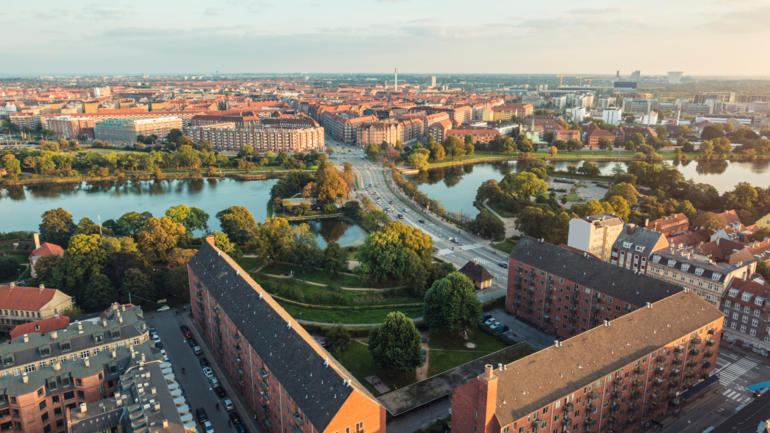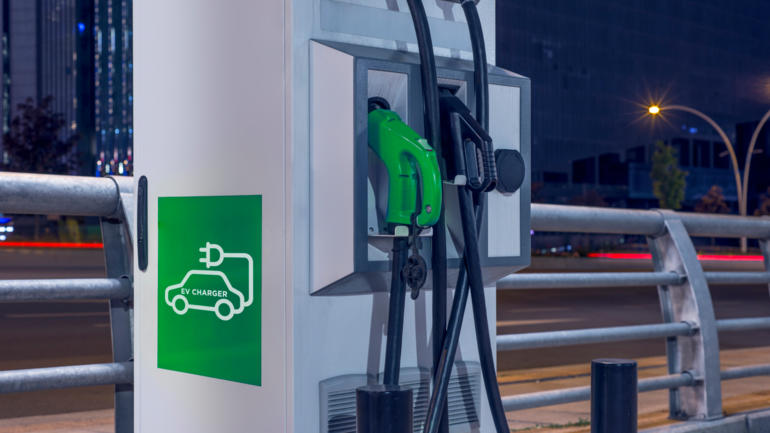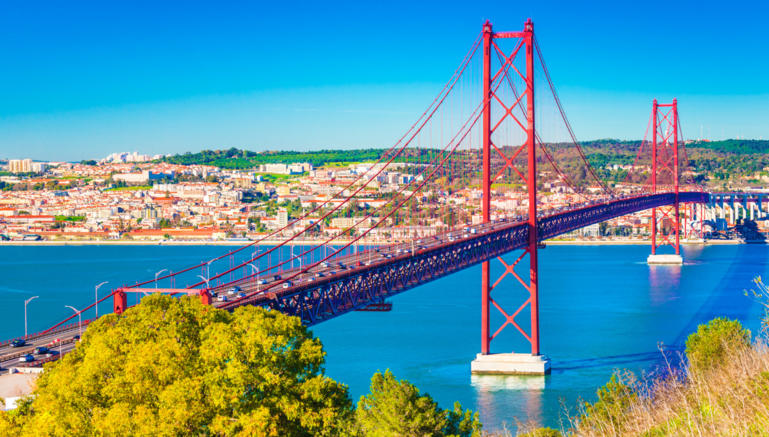Geneva, 21 February 2020: MOVE is a mobility conference that brings together companies of all sizes – from established market players to disruptive startups – along with their technology across all modes and disciplines: to discuss, to create insight and to promote collaboration. There were 880 speakers, 380 exhibitors, 250 startups and around 5,000 attendees.
Mobility is a topic that is rising on both personal and political agendas. Our cities are currently home to over half of the world’s population. At present, London drivers waste 227 hours in traffic per year and when asked, commuters say they feel more stressed about driving in their city than they do going to the dentist.
This market is already experiencing disruption and it is poised for more. “The storm is just beginning, the time of the classic car manufacturer is over,” said Herbert Diess, CEO of Volkswagen (quoted by KPMG).
But there are major challenges that need to be overcome so that the mobility transformation is safe, efficient, accessible and sustainable.
During the MOVE conference, a broad number of topics were covered, including Ticketing, Revenue & Payments – GIS & Mapping – Security, Liability & Regulation – Smart Traffic – Business Models – MaaS – Infrastructure & Connectivity – AIR – Auto Futures – Autonomous Vehicles – Active Mobility & Ability – Energy & Charging – Smart Cities – Tech Data & Innovation – City Freight.
Across all the topics there was a clear theme: the strong need for collaboration between stakeholders – a theme that closely aligns with WBCSD’s approach through our Transforming Urban Mobility project.
“We need collaboration if we want to see transformation,” said Angela Hultberg, Sustainable Mobility, Ingka Group.
KPMG confirmed the growing importance of collaboration by showing that 59 % of UK CEOs see strategic partnerships as their principal growth strategy in the future, up from 27% in 2017.
Representatives from cities and community-based organizations spoke about their context-related needs and distinct pain points. A key challenge for mobility is that it needs to be thought of in a global sense, but acted on at the hyperlocal level.
This means that “experimentation is good, but we need to ensure that solutions have a path to scale.”
Electrification was a popular topic of discussion at MOVE owing to its large potential to decarbonize mobility. However, we also learned that one in three people won’t consider buying an electric car today, simply because they perceive it takes too long to charge. Companies like BP and other startups presented their solutions around ultra-fast charging options and how to make charging your EV as easy as filling your traditional fossil-fuelled vehicle.
“Change can be uncomfortable. Change is happening at pace. If we do not change now you will be left behind.”
George Freeman, UK Minister for the Future of Transport, made this statement as he showed the way that cities are embracing this change. To speed up progress on the government’s net-zero ambitions, the UK government is set to allocate £5 billion of new funding to overhaul bus and cycle links for every region outside London, as well as introducing 4,000 new zero-emission buses.
The key takeout from MOVE was that companies need to take an integrated approach to stay ahead. With new partnerships, new business models and new technology, the transformation to mobility can truly be safe, efficient, accessible and sustainable.








